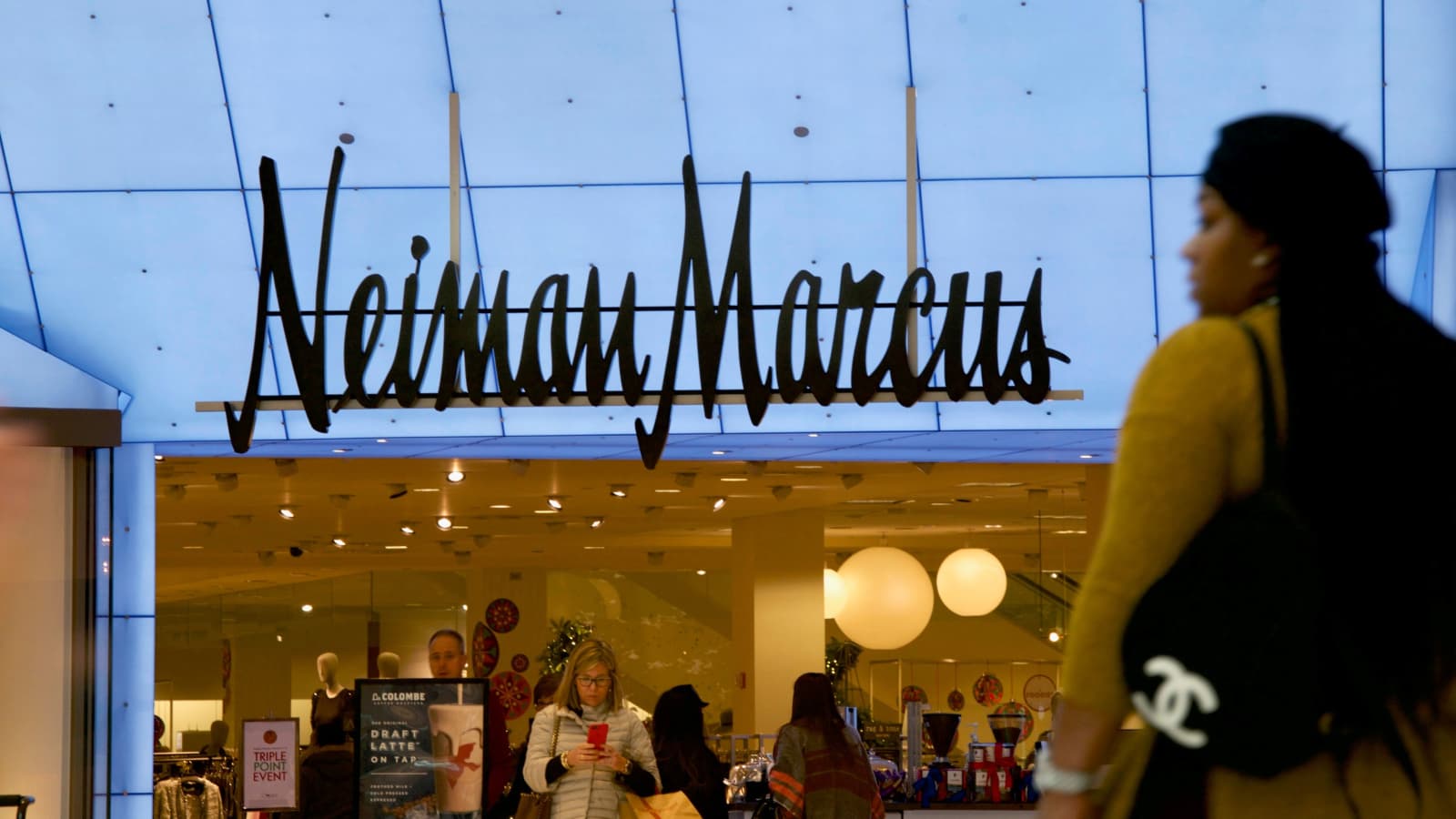Gallup just reported that worldwide, the cost of poor management and lost productivity from disengaged employees is $8.8 trillion or 9% of global GDP.
For the past decade, I’ve been saying that how someone is managed has the biggest bearing
Gallup recently reported that employee engagement in the U.S. has dropped to its lowest level in more than a decade. The data also shows that employees feel increasingly detached from their employers, report less role clarity, have lower satisfaction with
Boeing’s chief executive Dave Calhoun, and many of the firm’s C-suite executives, recently announced they are stepping down. The move comes as Boeing grapples with a huge crisis – planes malfunctioning in flight and whistleblowers all too eager to throw
Philadelphia Eagles center Jason Kelce recently announced his retirement from the U.S. National Football League (NFL). The future Hall of Famer won the Super Bowl in 2018 and spent all 13 of his years in the NFL with one franchise
Plain and simple, leaders at Neiman Marcus Group (NMG) get it. After filing for bankruptcy during the COVID pandemic, the company became remote-first, allowing employees to work from anywhere, with no in-office requirement. They also permanently downsized their corporate offices
When a workforce organizes, it can feel like a direct attack on leadership. Because of this, a typical response by leaders is something along the lines of unionization is futile, or we’ll never give up our opposition to the union,
A survey of full-time U.S. employees who are not in a managerial position showed that only 38% say they are interested in becoming a people manager.
There was a time when the title ‘manager’ meant prestige, respect, more compensation, and sometimes
One in eight Americans buys a lottery ticket at least once a week, even though the odds are not in their favor:
Winning a large lottery prize: 302 million to 1
Being eaten by a shark: 264 million to
In my book and keynote speech, I talk extensively about the importance of getting the right person in every chair. Why? Because at the end of the day, your organization is only as good as the people in it. And,
According to an analysis of more than 4,500 companies by Scoop, a software firm that tracks workplace policies, and People Data Labs, a data technology company, companies with remote or hybrid policies are hiring people at about twice the rate











